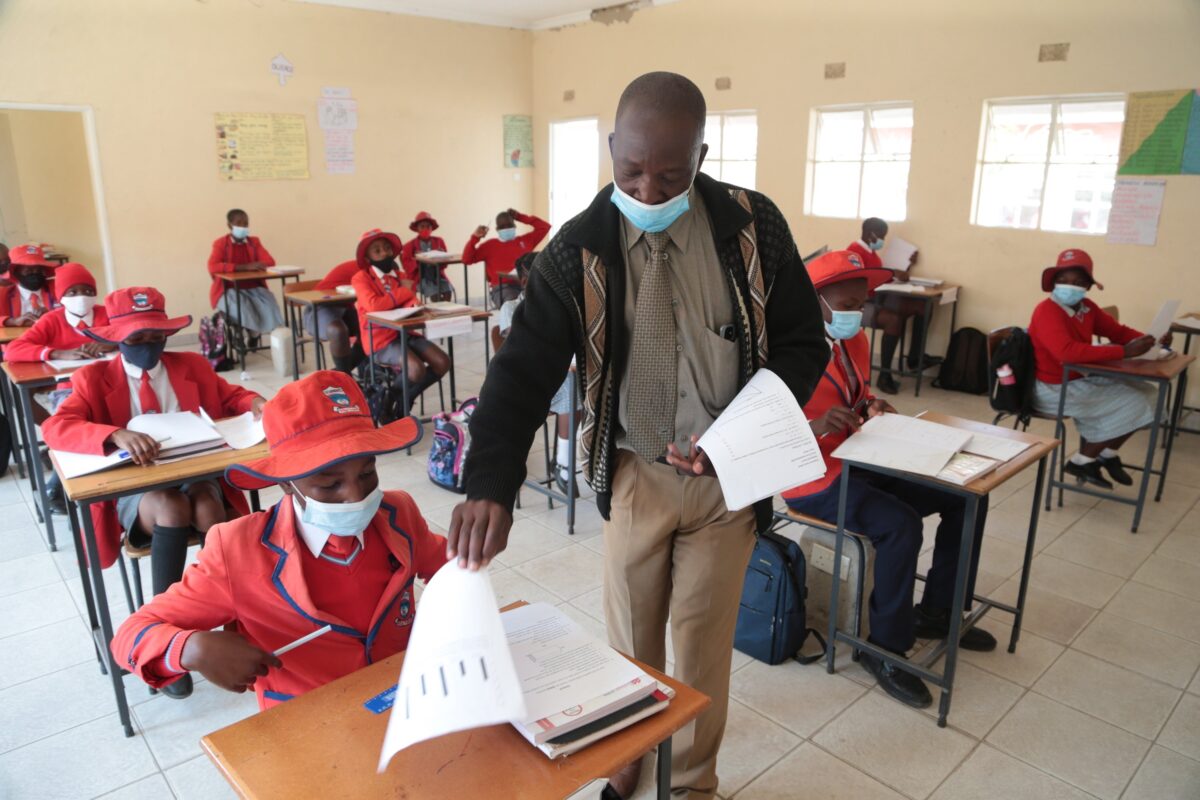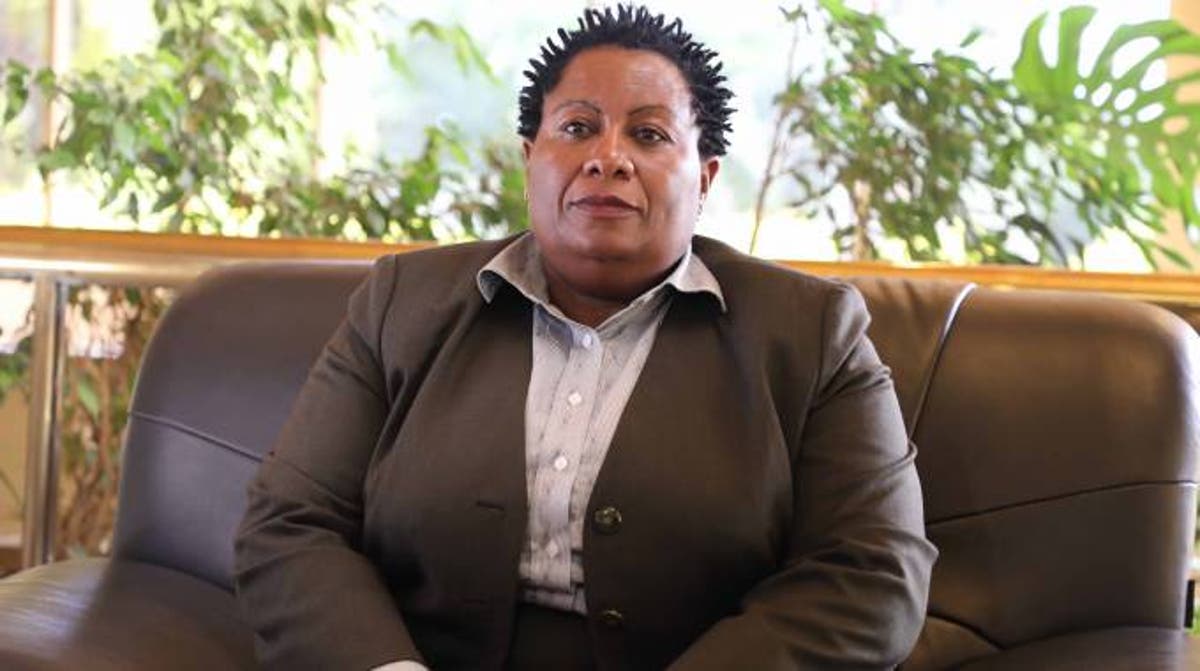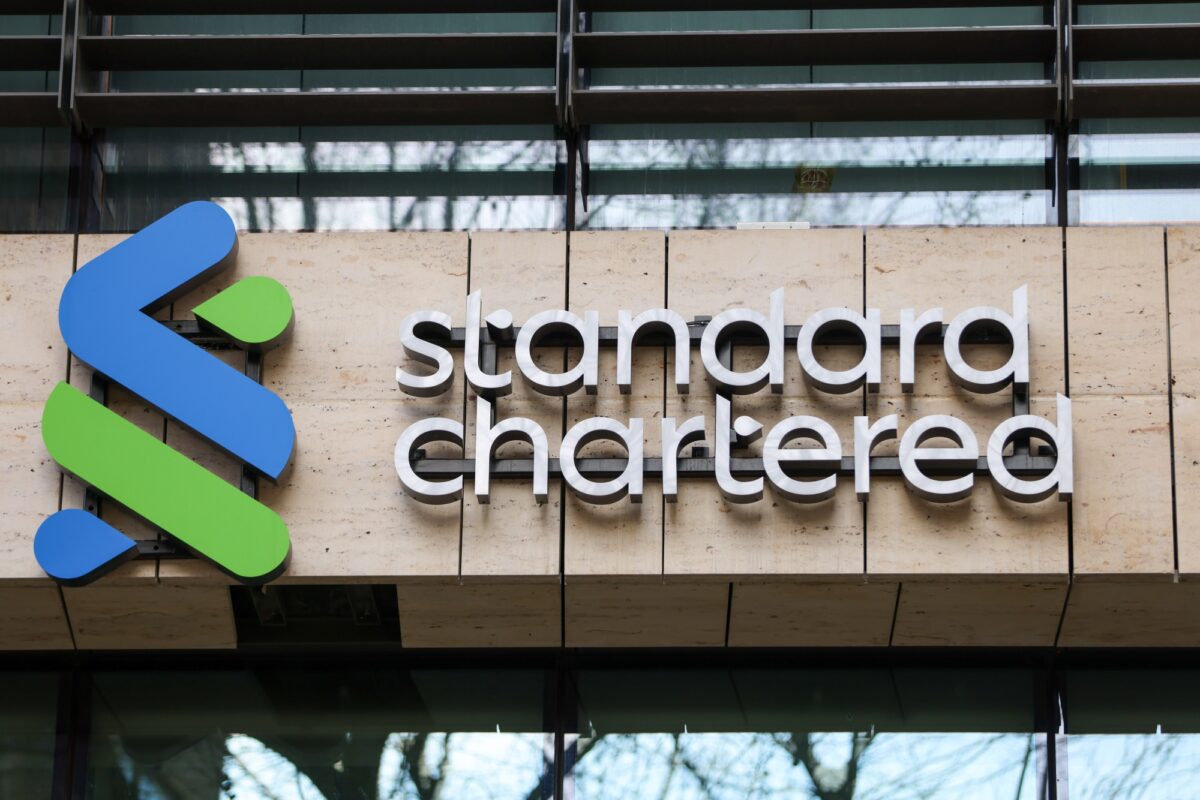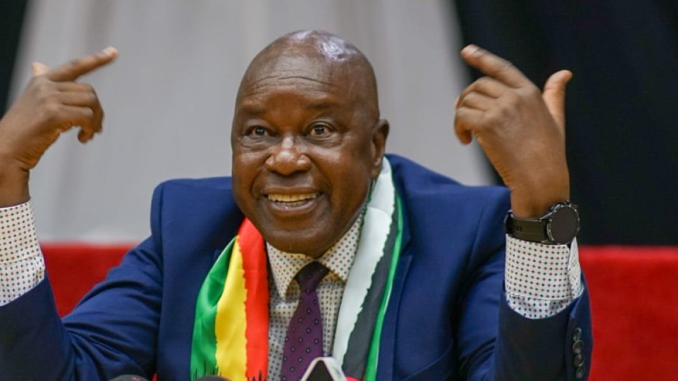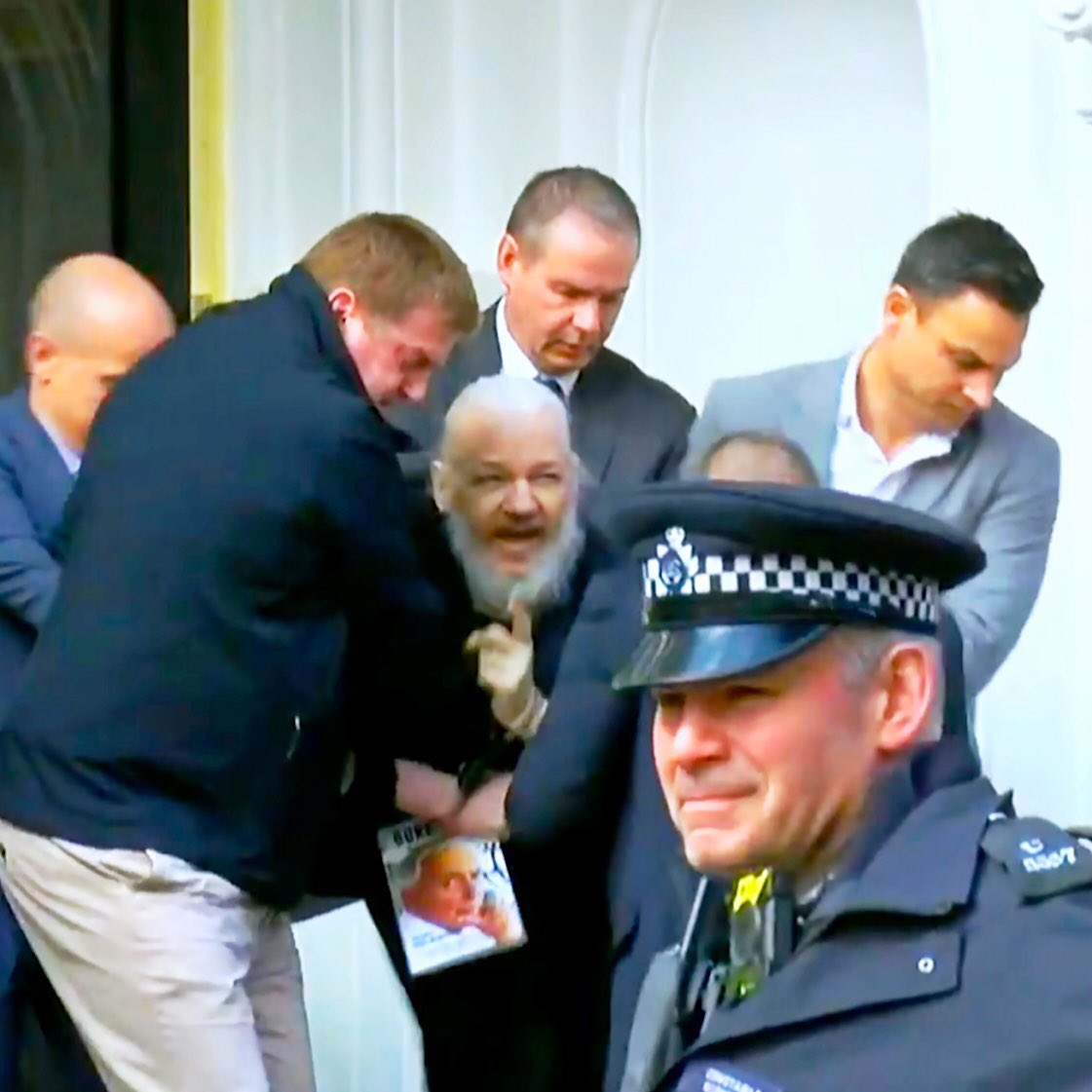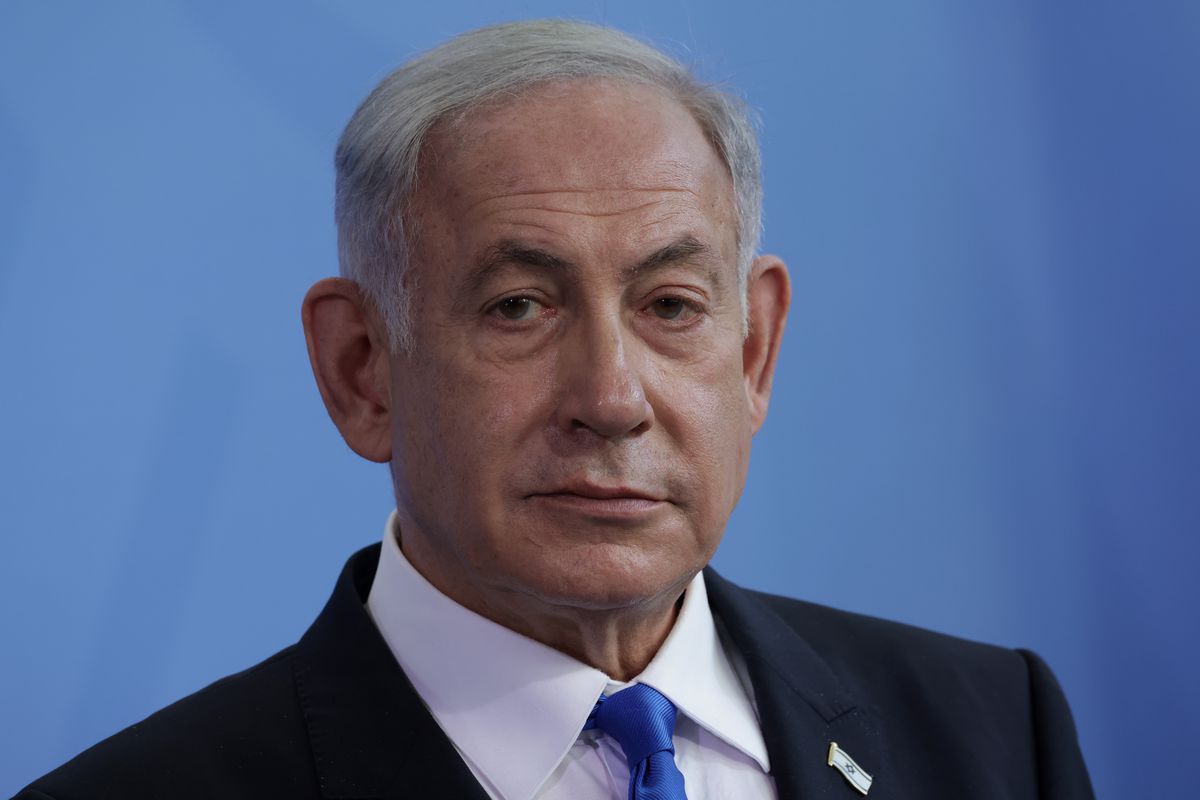BULAWAYO – Public sector workers have been awarded a 100 percent pay increment in the Zimbabwe dollar component of their salaries with teachers also in line for a US$80 “teaching allowance.”
All government workers will also see their “Covid-19 and cushioning allowances” go up from US$200 to US$250, according to a schedule released by treasury.
The 100 percent pay increment is being awarded to everyone from deputy director level and below.
Pensioners’ cushioning and Covid-19 allowance goes up US$10 from US$90 to US$100.
The pay increase is with effect from April for the rest of the civil service, but backdated to February for security forces – an arrangement criticised by treasury secretary George Guvamatanga.
Two teachers’ unions said the pay offer was arbitrary and derisory.
“We would like to make it clear without ambiguity that we reject the offer made by the employer,” the Amalgamated Rural Teachers’ Union (ARTUZ) said.
“The offer is not a product of a genuine process of collective bargaining as envisaged in section 203(1)(b) of the constitution read along with section 65 where the employer is not allowed to unilaterally change conditions of service. The offer, therefore, is illegitimate and not a product of a genuine process.”
ARTUZ said the pay increase by the government would see teachers “living on less than a third of the basket of needs and cost of living.”
According to the union, the 100 percent increase in the Zimbabwe dollar component of their salaries will see them earning Z$80,000 (about US$53 on widely used black market) – all adding up to about US$380.
Raymond Majongwe, president of the Progressive Teachers’ Union of Zimbabwe (PTUZ), accused the government of “negotiating in bad faith.”
PTUZ was particularly incensed with the decision to effect a pay increase for security services from February, and “those it doesn’t care about from April.“
The union added: “It’s nonsense dressed in Christmas clothes. The giver’s attitude is that of a bushwhacker. Are we not also workers?”
Teachers’ unions have since 2018 been demanding salaries of at least US$540 for the lowest paid worker, which has since been raised to US$1,260.
Guvamatanga, in a letter to the Public Service Commission, expressed dismay that security forces were already paid the increment backdated to February without treasury approval.
“Given the effective date of February 1, 2023, it is critical to note that the March bills for the security sector included the February back pay for the gross ZWL emoluments from deputy director equivalent grades and below. To avoid similar occurrences in future, the Salary Service Bureau should implement salary reviews after the requisite salary scales have been validated by treasury,” Guvamatanga said.

